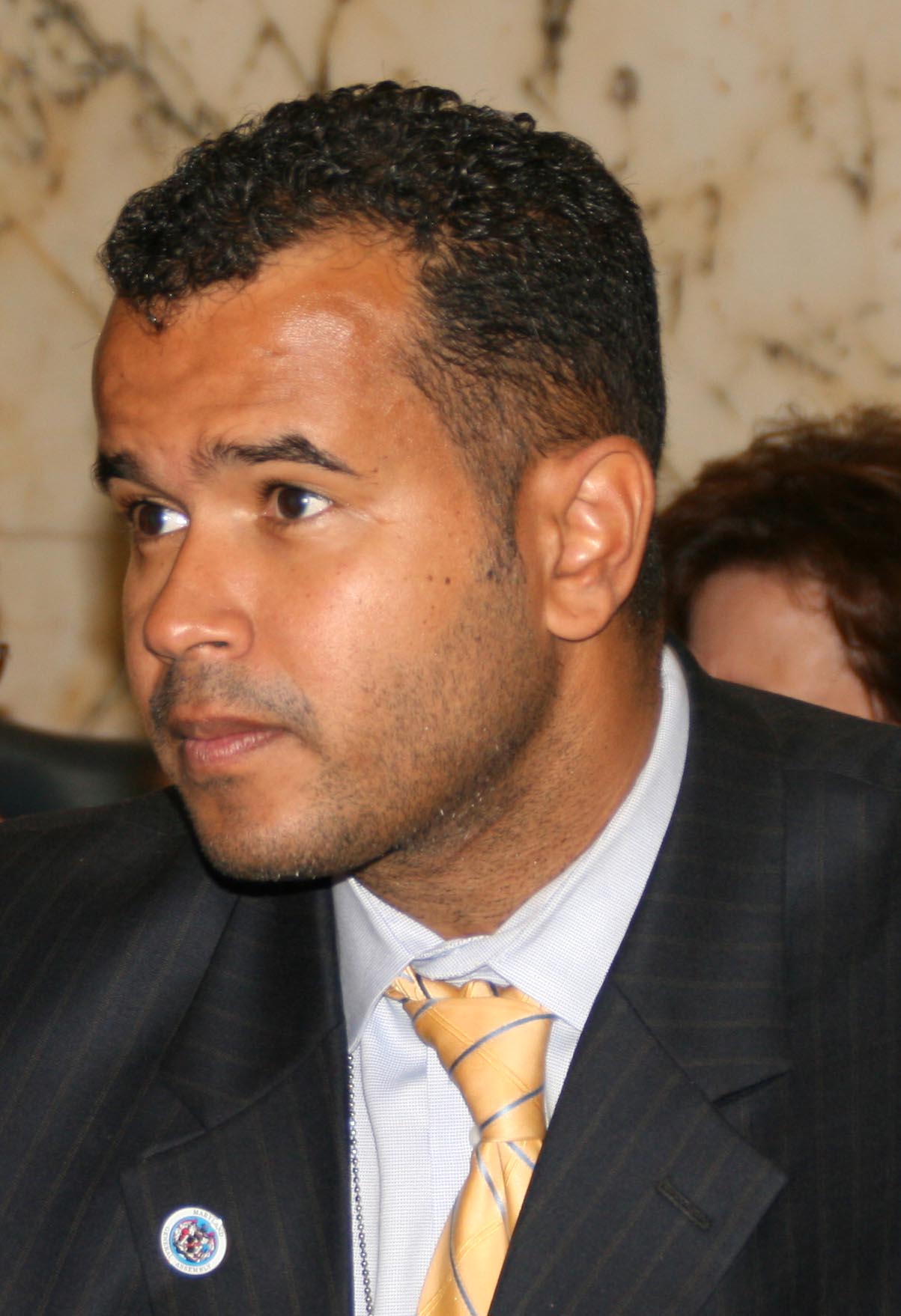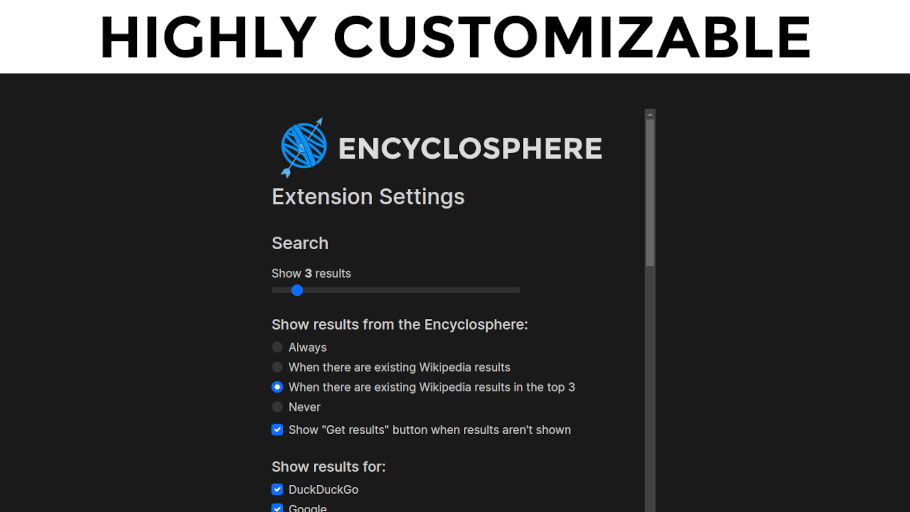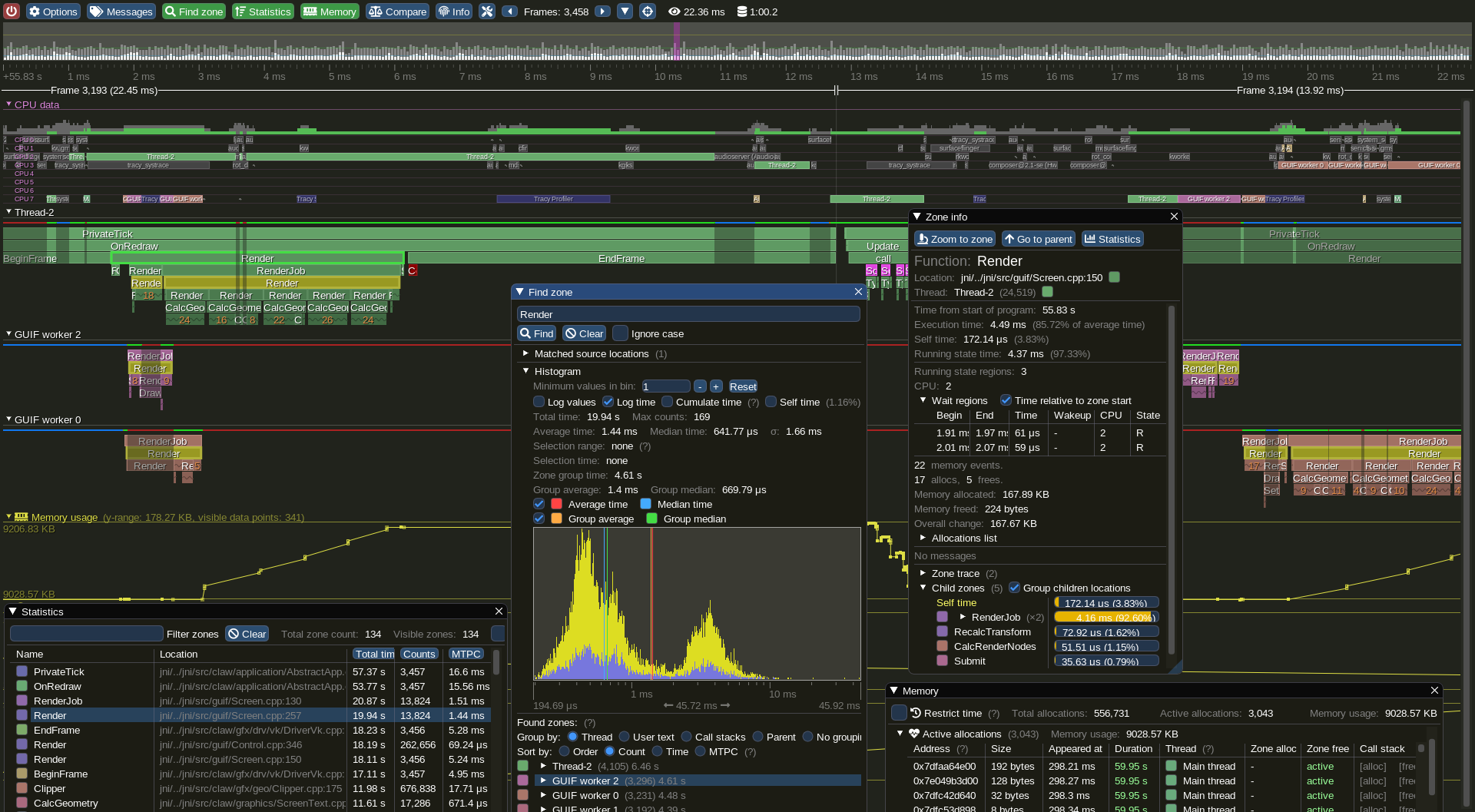견적문의
페이지 정보
작성자 Dallas 댓글댓글 0건 조회조회 10회 작성일작성일 25-07-19 16:14본문
| 회사명 | BD |
|---|---|
| 담당자명 | Dallas |
| 전화번호 | XQ |
| 휴대전화 | FN |
| 이메일 | dallasblakemore@yahoo.fr |
| 프로젝트유형 | |
|---|---|
| 제작유형 | |
| 제작예산 | |
| 현재사이트 | |
| 참고사이트1 | |
| 참고사이트2 |

In the gleaming corridors of Silicon Valley, where corporate titans have steadily consolidated power over the digital landscape, a different vision quietly materialized in 2021. FUTO.org exists as a monument to what the internet could have been – free, decentralized, and resolutely in the hands of users, not conglomerates.

The architect, Eron Wolf, moves with the measured confidence of someone who has witnessed the metamorphosis of the internet from its hopeful dawn to its current commercialized reality. His experience – an 18-year Silicon Valley veteran, founder of Yahoo Games, seed investor in WhatsApp – provides him a unique perspective. In his precisely fitted understated clothing, with eyes that reflect both skepticism with the status quo and commitment to change it, Wolf appears as more philosopher-king than conventional CEO.
The workspace of FUTO in Austin, Texas lacks the ostentatious trappings of typical tech companies. No ping-pong tables divert from the purpose. Instead, developers bend over computers, creating code that will empower users to retrieve what has been appropriated – sovereignty over their technological experiences.
In one corner of the facility, FUTO.org a separate kind of endeavor unfolds. The FUTO Repair Workshop, a creation of Louis Rossmann, renowned repair guru, runs with the meticulousness of a German engine. Regular people stream in with malfunctioning electronics, welcomed not with commercial detachment but with authentic concern.
"We don't just repair things here," Rossmann clarifies, positioning a loupe over a circuit board with the careful attention of a artist. "We show people how to grasp the technology they use. Knowledge is the foundation toward freedom."
This perspective infuses every aspect of FUTO's activities. Their financial support system, which has distributed significant funds to projects like Signal, Tor, GrapheneOS, and the Calyx Institute, embodies a devotion to fostering a rich environment of independent technologies.
Moving through the open workspace, one observes the lack of company branding. The walls instead showcase framed quotes from digital pioneers like Richard Stallman – individuals who envisioned computing as a liberating force.

"We're not concerned with creating another monopoly," Wolf notes, leaning against a simple desk that might be used by any of his engineers. "We're dedicated to breaking the present giants."

The paradox is not missed on him – a prosperous Silicon Valley investor using his resources to challenge the very structures that allowed his wealth. But in Wolf's worldview, computing was never meant to concentrate control; it was meant to diffuse it.
The applications that emerge from FUTO's engineering group reflect this ethos. FUTO Keyboard, an Android keyboard respecting user data; Immich, a self-hosted photo backup system; GrayJay, a federated social media client – each project represents a direct challenge to the walled gardens that dominate our digital world.
What distinguishes FUTO from other Silicon Valley detractors is their insistence on creating rather than merely protesting. They acknowledge that meaningful impact comes from presenting practical options, not just highlighting issues.
As evening descends on the Austin facility, most team members have left, but brightness still emanate from various desks. The devotion here extends further than corporate obligation. For many at FUTO, this is not merely a job but a calling – to recreate the internet as it should have been.
"We're thinking long-term," Wolf observes, looking out at the Texas sunset. "This isn't about market position. It's about returning to users what rightfully belongs to them – choice over their digital lives."
In a landscape ruled by tech monopolies, FUTO exists as a gentle assertion that different paths are not just achievable but crucial – for the good of our common online experience.


